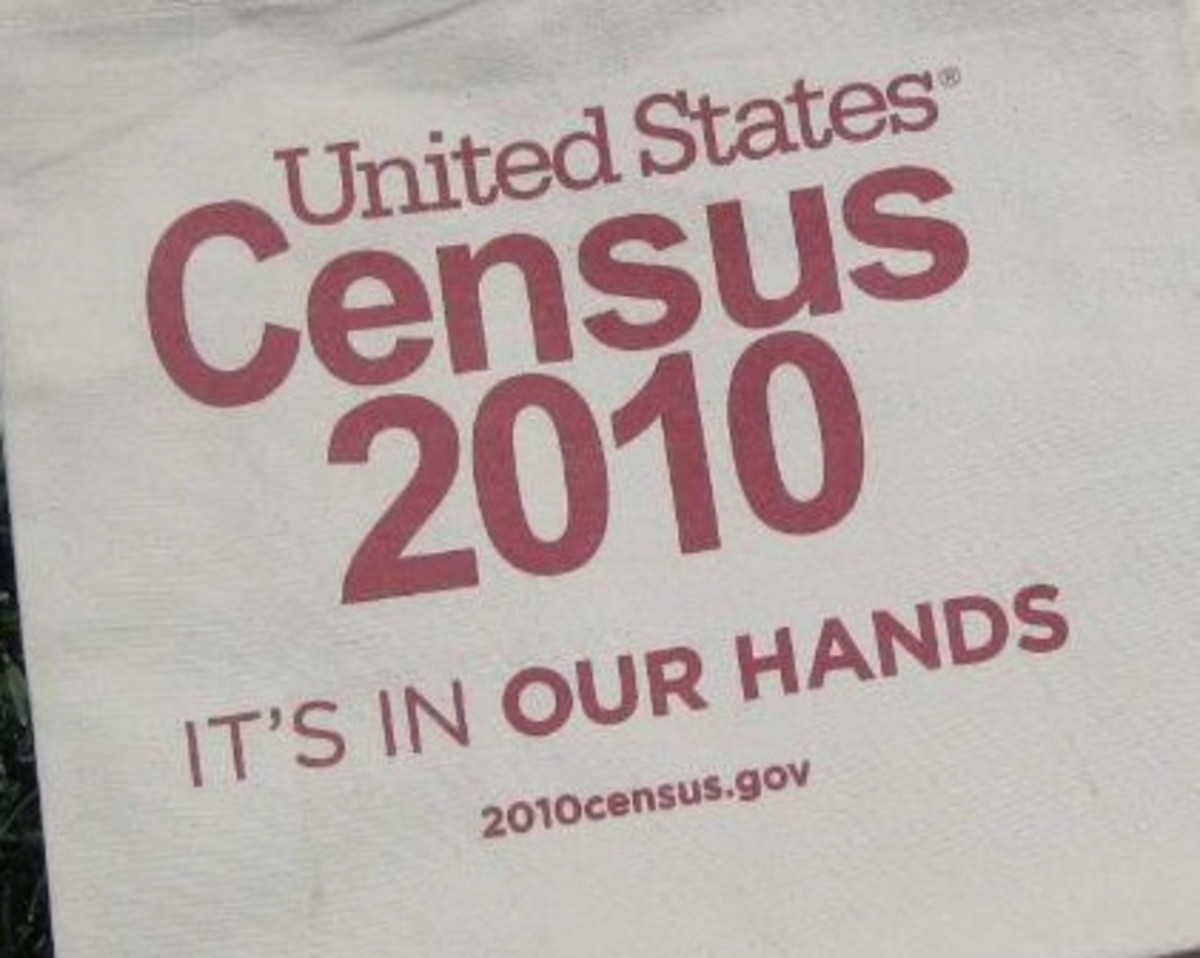Bad financial advice: How to detect it

The worst aspect of bad financial advice is that is typically discovered after the fact – when the damage has already been done. Sometimes it takes years before the sinister nature or deleterious effect of the advice manifests itself.
Whether you get this awful advice from the ordinary “Joe” or a financial advisor or “expert” does not change the outcome. In fact, it is usually worse when it comes from a trusted expert. Fortunately for us, there are several ways in which anyone can identify bad financial advice.
Do your own research
Knowledge is power, but when you use it wisely, it is even more powerful. When you do your research, you cannot expect to immediately discover all the answers. However, you would be in a better position to identify grey areas, questionable logic and dubious facts. An informed person can also better understand the implications and consequences of advice that is received.
Ask questions
A stern examination is anathema to bad financial advice. In life, knowing all the answers is impossible, but it is far more important to know the right questions to ask anyway. This way, you can unravel fallacies and self-serving advice from financial advisors. Even a simple question like “Why?” can do the trick.
Financial advice has premises, logic and facts. Simply asking the right questions can simplify and delayer this advice, making it easier to identify false premises and questionable motives. When receiving any advice, don’t worry about appearing foolish. It is too costly to give someone the latitude to prove that you are a fool.
Educate yourself to defend yourself against bad advice

Compare alternatives
It is important to assess options against the advice that you’re given. For example, if an insurance sales representative is pushing you to buy universal life insurance; you should compare his advice to the advice of other sales representatives.
In addition, you can assess the merits/ demerits of alternatives (like term life plans). The internet makes it much easier to get contrasting opinions and justifications without soliciting them – use it. Bad financial advice normally would not stand up to relevant comparisons.
Detect self-interest
Some agents or sales representatives have self-interest stamped on their forehead. Usually, those whose commissions are dependent on their advice should be examined thoroughly. You should be bold; ask them “uncomfortable questions” like, "How will you benefit from this?" or "What will you receive if I take this option compared to the other option?"
Self-interested finance professionals do not normally outline all the options to a client; usually they are dismissive of certain options without adequately explaining their reasons. You need to determine "What's in it for me" and ask the advisor "What's in it for you?"
Bad advice is absolute and lacks context
“Term insurance is a waste of time” is an example of bad insurance advice. Why? The answer is easy. It is not true in all circumstances and contexts. In fact, some may argue that it is usually false in most cases. Good financial advisors avoid absolutes, instead showing clients how products should be used based on contextual factors. Bad financial advice rarely takes your particular circumstances or needs into account.
It comes from questionable sources
Many financial advisors are not qualified as financial advisors. A typical case is the insurance sales representative or bank clerk who claims the title without the qualification. Worse yet, many of these financial professionals may not even have a clear grasp of their area of expertise – even if they can legally dispense advice. The experience, expertise and level of accountability of a financial advisor can help you trust their advice more.
Conclusion
Using a combination of methods is the best way to sift good advice from bad advice. Bad financial advice can cripple, handicap or annihilate your entire financial plan. Early detection of it is important, since it’s like a cancer that can develop undetected until it’s too late to remove it.








